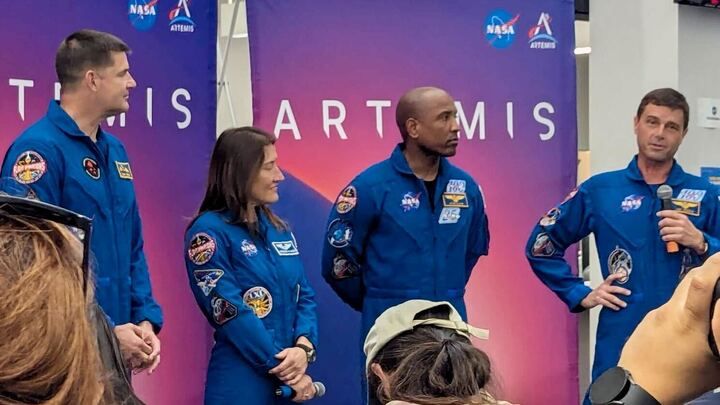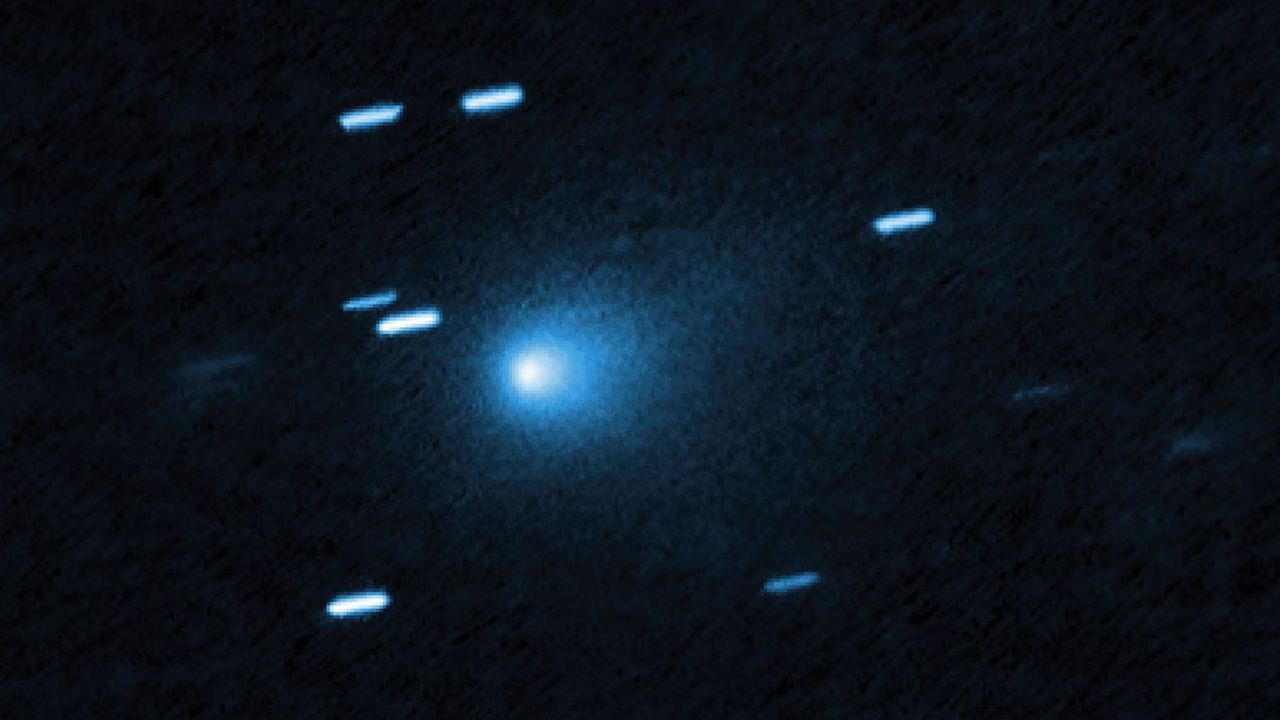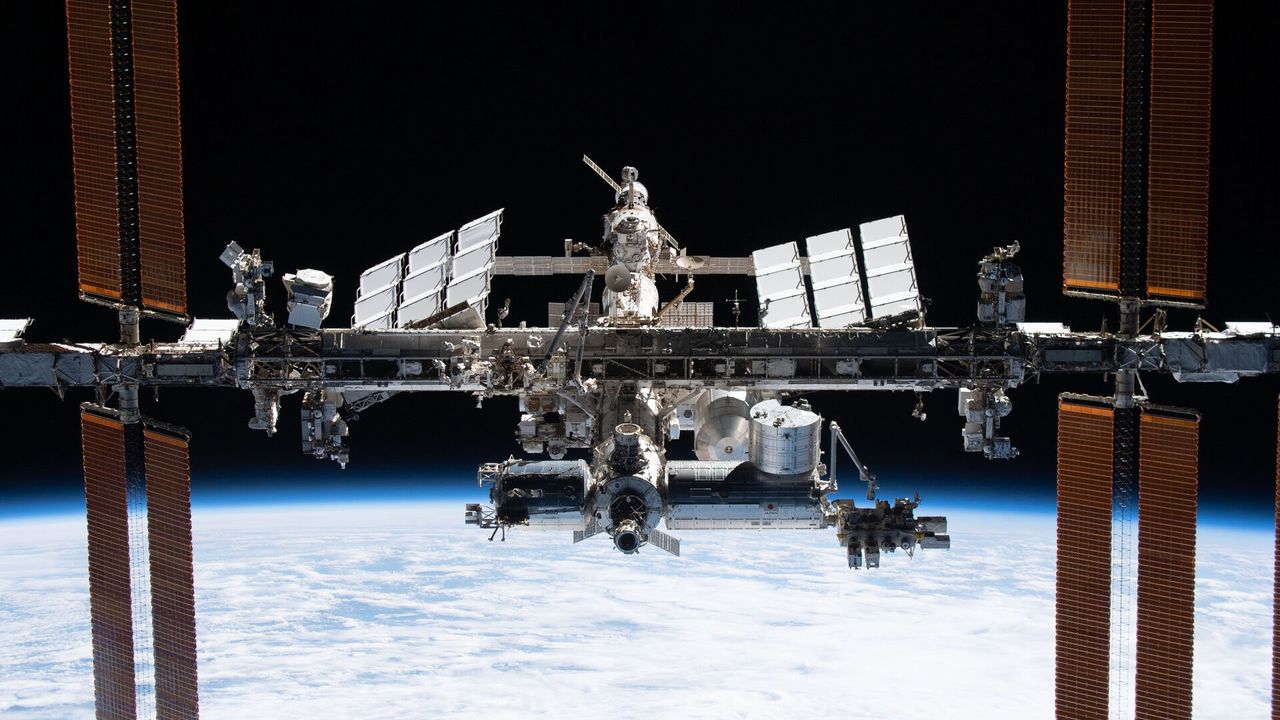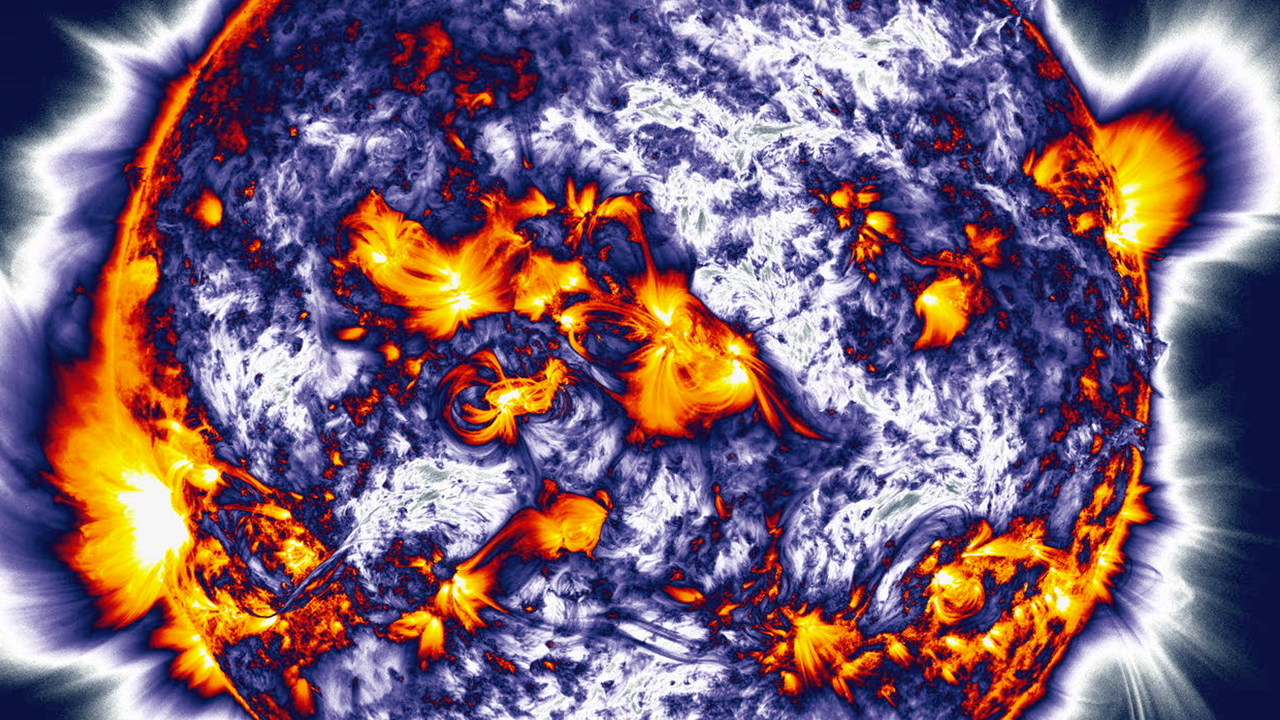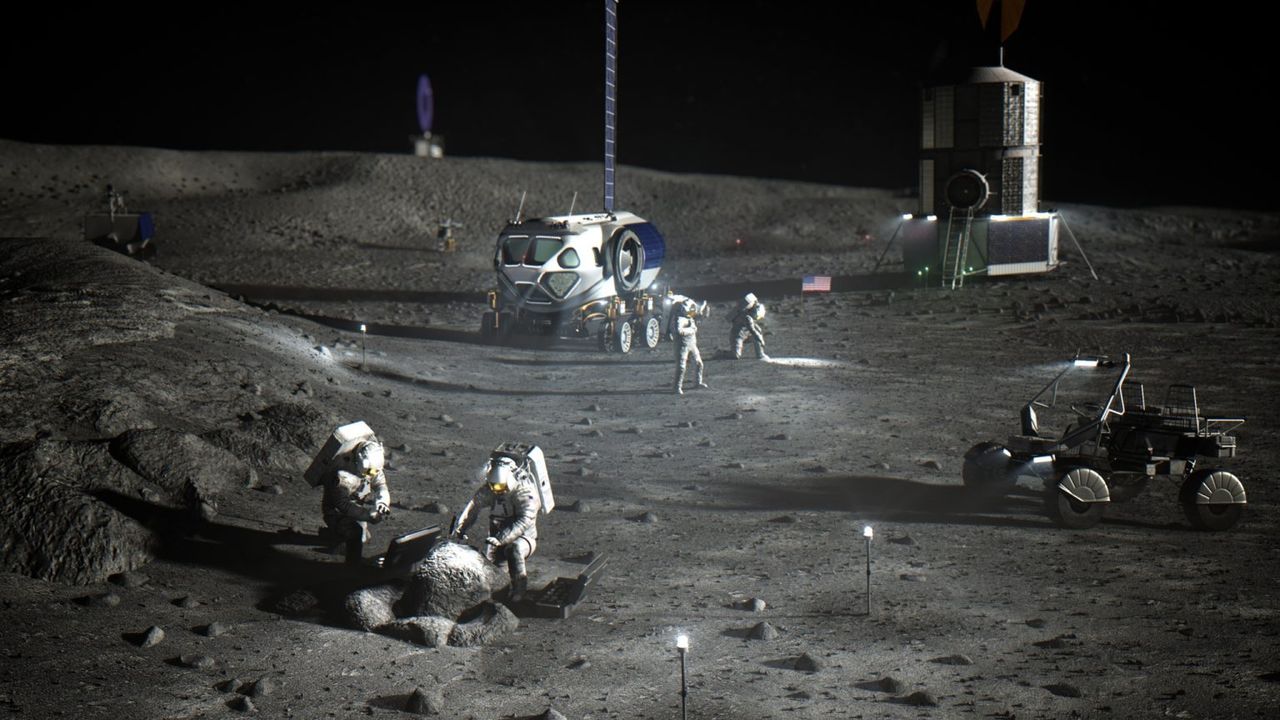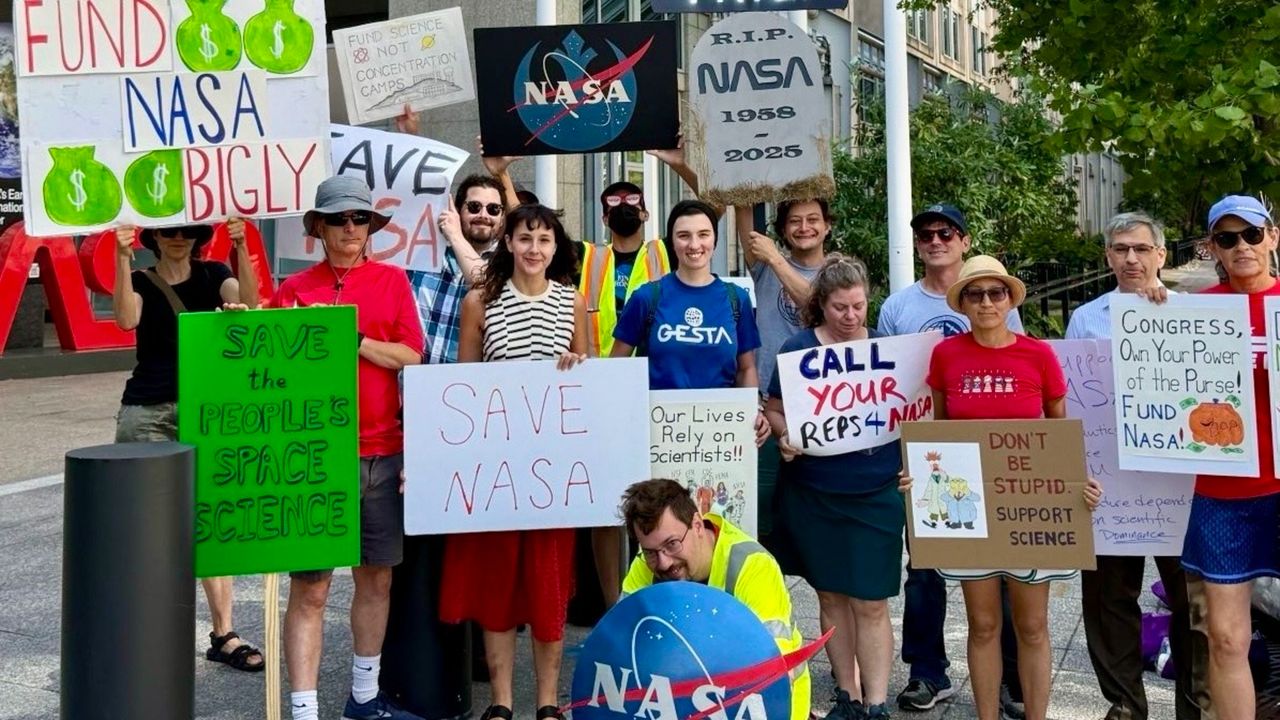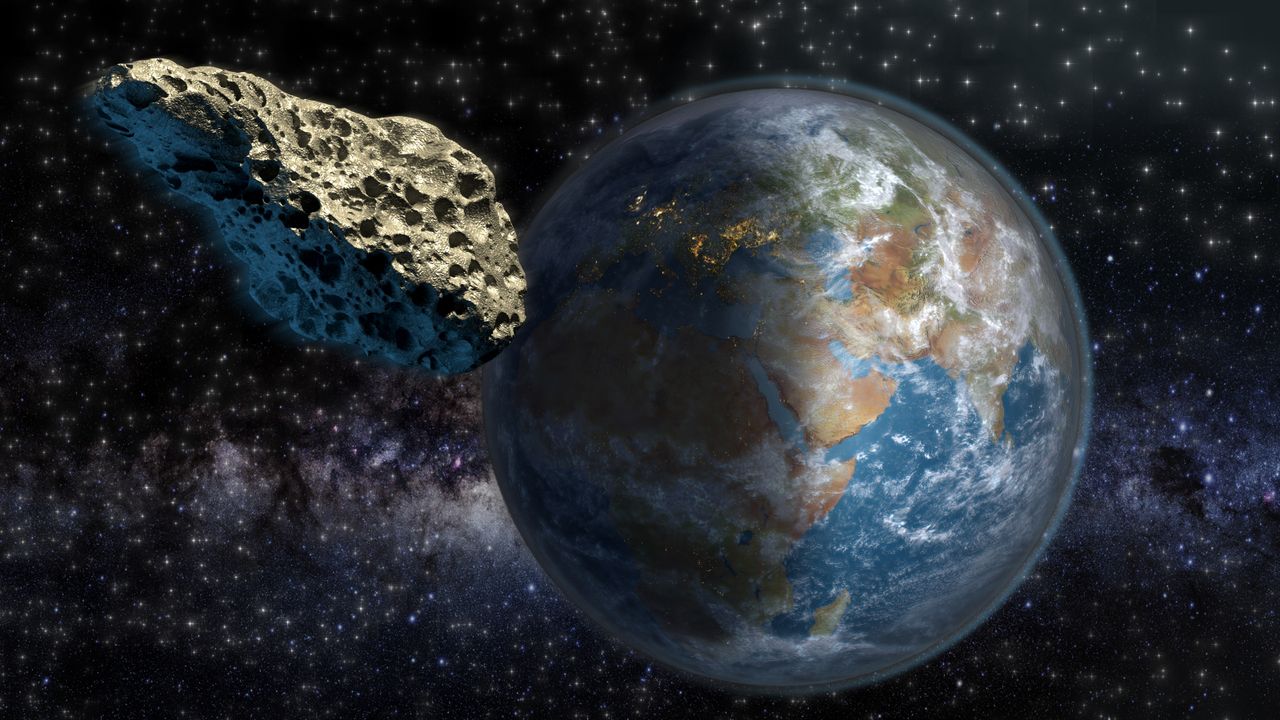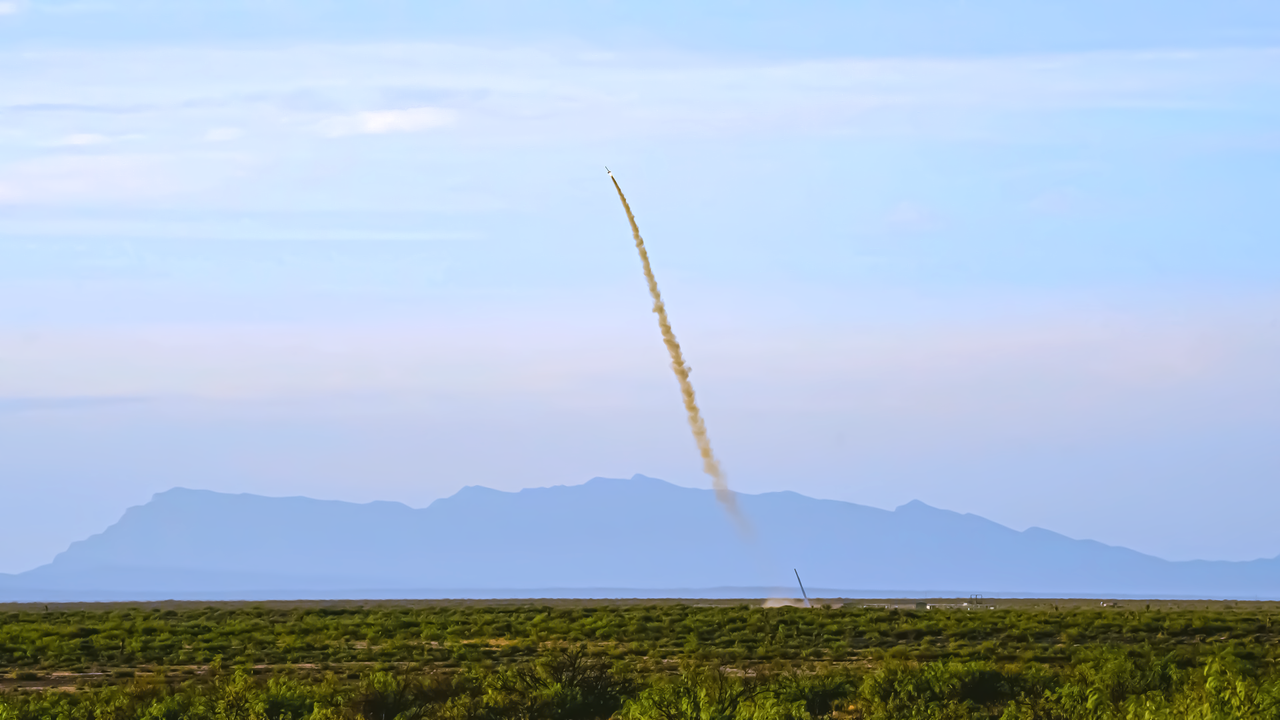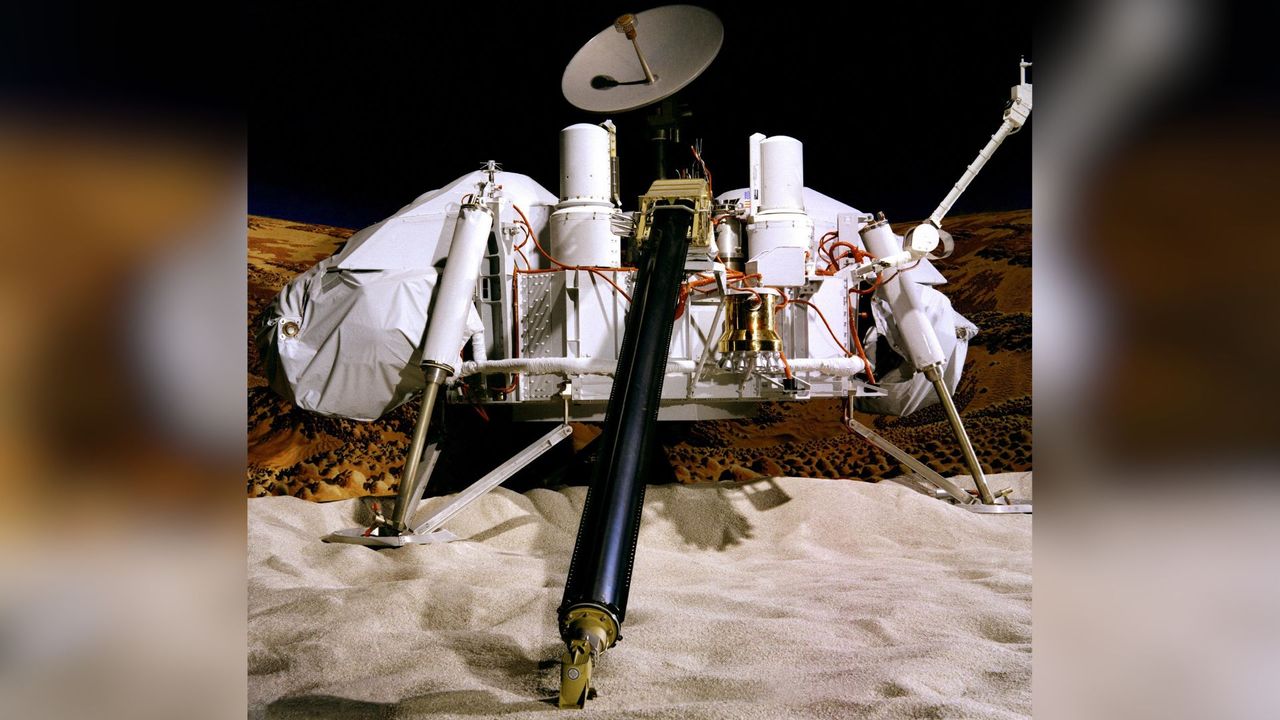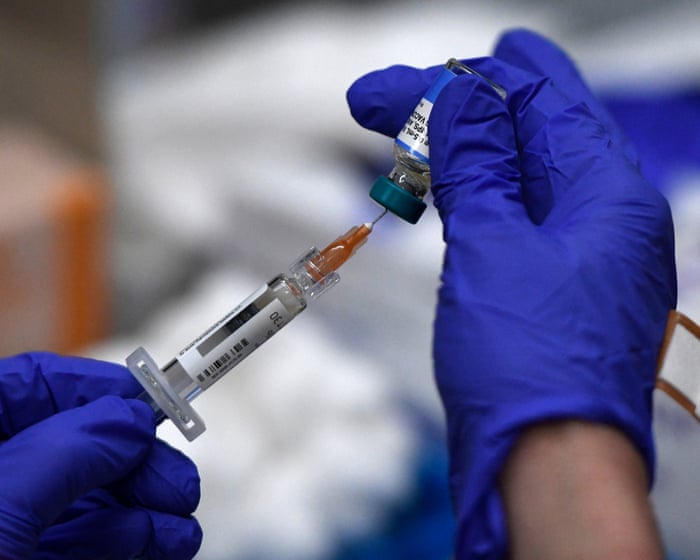We've officially found 6,000 exoplanets, NASA says: 'We're entering the next great chapter of exploration'
PositiveScience

NASA has announced the discovery of 6,000 exoplanets, marking a significant milestone in space exploration. This achievement opens up exciting possibilities for finding planets similar to Earth, which could potentially harbor life. As we enter this new chapter of exploration, the quest for a planet just like ours continues, sparking curiosity and hope for future discoveries.
— Curated by the World Pulse Now AI Editorial System
